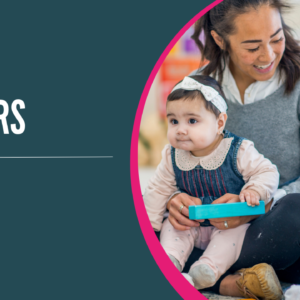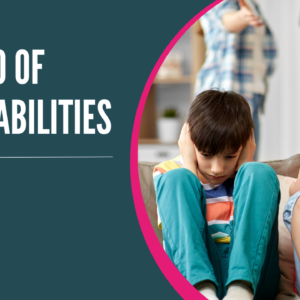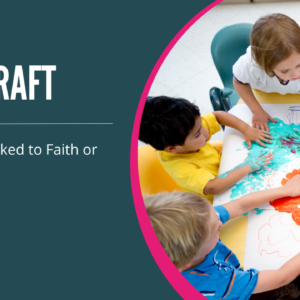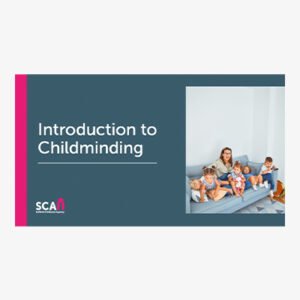Showing 13–24 of 28 results
-

£5.00Female Genital Mutilation (FGM) refers to the partial or total removal of female genitalia for non-medical reasons. It is a harmful cultural practice that causes severe physical and emotional damage. FGM can lead to lifelong health complications, including infections, infertility, and complications during childbirth. It also impacts psychological well-being, causing trauma and distress. The practice is illegal in many countries, including the UK, and is considered a violation of human rights. Efforts to end FGM include education, awareness, and support for affected individuals. Protecting girls and women from FGM is essential for promoting gender equality and health.
-

£5.00The Prevent Duty focuses on safeguarding and supporting individuals at risk of radicalisation. It aims to prevent vulnerable people from engaging in or supporting terrorism through early intervention and support. This duty applies to various sectors, including education, health, and social services, ensuring that organisations identify and address potential risks. By promoting awareness and providing guidance, the Prevent Duty helps protect individuals from extremist influences. It encourages open discussions, safeguarding measures, and multi-agency collaboration to support those at risk. The primary goal is to prevent harm and promote safety within communities by intervening before individuals become involved in terrorism.
-

£5.00A risk assessment involves evaluating all aspects of a childcare setting from a safeguarding standpoint to identify any practices or features that could pose a risk to children. This process helps the setting to pinpoint potential dangers, create or update policies and procedures to mitigate these risks, and assess whether sufficient measures have been implemented to address and reduce the identified risks.
-

£5.00Safer Sleeping is crucial in addressing Sudden Infant Death Syndrome (SIDS), which is the sudden and unexplained death of an infant with no identifiable cause after a thorough post-mortem examination. This guide helps identify risks and encourages parents and caregivers to adopt safer sleep practices for their infants. Professionals interacting with families of young babies can significantly impact infant safety by discussing safer sleep practices. While health professionals play a crucial role, individuals in housing, social care, and emergency services can also contribute by using the Safer Sleep Guide.
-

£5.00A self-evaluation form in childminding helps assess the quality of care and education provided. It allows childminders to reflect on their practices, identifying strengths and areas for improvement. The form covers key areas such as safeguarding, planning, children’s progress, and environment safety. Completing a self-evaluation ensures that childminders meet the requirements of the Early Years Foundation Stage (EYFS) and Ofsted standards. It helps set clear goals for professional development and enhances the overall quality of care. Regularly reviewing and updating the self-evaluation form can lead to continuous improvement and ensure better outcomes for the children in care.
-

£5.00Starting from scratch with termly trackers in childminding involves creating a system to track children’s development. These trackers help monitor progress in key areas like communication, physical development, and social skills. Set clear, measurable goals for each child based on their individual needs. Use the trackers to identify strengths and areas requiring further support. Regularly update the trackers and share progress with parents. Termly trackers ensure a comprehensive overview of each child’s growth and learning. They align with the Early Years Foundation Stage (EYFS) and support effective planning for future activities and interventions.
-

£5.00Termly trackers are tools used by educators and childminders to monitor children’s progress and development over a school term. These trackers help document achievements, areas of improvement, and specific milestones. They provide a clear overview of a child’s learning journey, enabling timely interventions when needed. Termly trackers cover various areas such as communication, physical development, and social skills, aligning with the Early Years Foundation Stage (EYFS). By using these trackers, educators can tailor learning plans to individual needs, ensuring that each child receives the support they require for optimal growth and development.
-

£5.00The 3 I’s in early years education refer to Intent, Implementation, and Impact. Intent focuses on planning what children will learn. Implementation refers to how learning experiences are delivered. Impact measures the outcomes of these learning experiences. The 3 I’s framework helps ensure that early years education is purposeful and effective. It supports practitioners in providing high-quality, responsive learning opportunities. By focusing on the 3 I’s, educators can create a well-rounded curriculum that meets children’s developmental needs. This approach aligns with the Early Years Foundation Stage (EYFS) and promotes positive outcomes for all children in their early years.
-

£5.00The Trio of Vulnerabilities refers to three key factors that increase an individual’s risk of exploitation or harm. These include emotional, physical, and social vulnerabilities. Emotional vulnerability can lead to poor mental health and a higher risk of manipulation. Physical vulnerability may involve health issues or disabilities, making individuals more susceptible to harm. Social vulnerability arises from isolation, lack of support networks, or poor social skills. Together, these vulnerabilities increase the likelihood of exploitation or abuse. Recognising and addressing these factors can help protect vulnerable individuals and provide support for their wellbeing and safety.
-

£5.00When applying to become a childminder, you will undergo an inspection by Ofsted or your local authority. Expect the inspector to assess your home environment, safety measures, and suitability for caring for children. They will review your qualifications, training, and understanding of the Early Years Foundation Stage (EYFS). The inspector will also evaluate your policies, risk assessments, and daily routines. During the inspection, be prepared to demonstrate how you plan to support children’s development, health, and wellbeing. The outcome will determine whether you meet the required standards to become a registered childminder.
-

£5.00Modern-day witchcraft involves the practice of occult rituals, spells, and beliefs that some view as harmful. Children exposed to witchcraft may experience confusion, fear, or emotional distress. The influence of such practices can negatively affect their mental health, relationships, and development. Parents and guardians should be aware of the potential risks and take steps to protect children from harmful ideologies. Engaging in open discussions and promoting positive, healthy belief systems can help shield children from these harmful influences. It’s essential to provide guidance and support to ensure children’s emotional and psychological well-being remains intact.
-

£0.00An Introduction to Childminding provides essential information for individuals interested in becoming childminders. It covers legal requirements, qualifications, and responsibilities. Childminders must register with the relevant authorities and meet specific standards. The role involves providing a safe, stimulating environment for children to learn and grow. Childminders create flexible routines, tailored to children’s individual needs. They support children’s development across key areas, including communication, physical, and social skills. Training and continuous professional development are essential to ensure high-quality care. This guide helps prospective childminders understand the steps to start their business, including insurance, policies, and child protection responsibilities.
End of content
End of content













